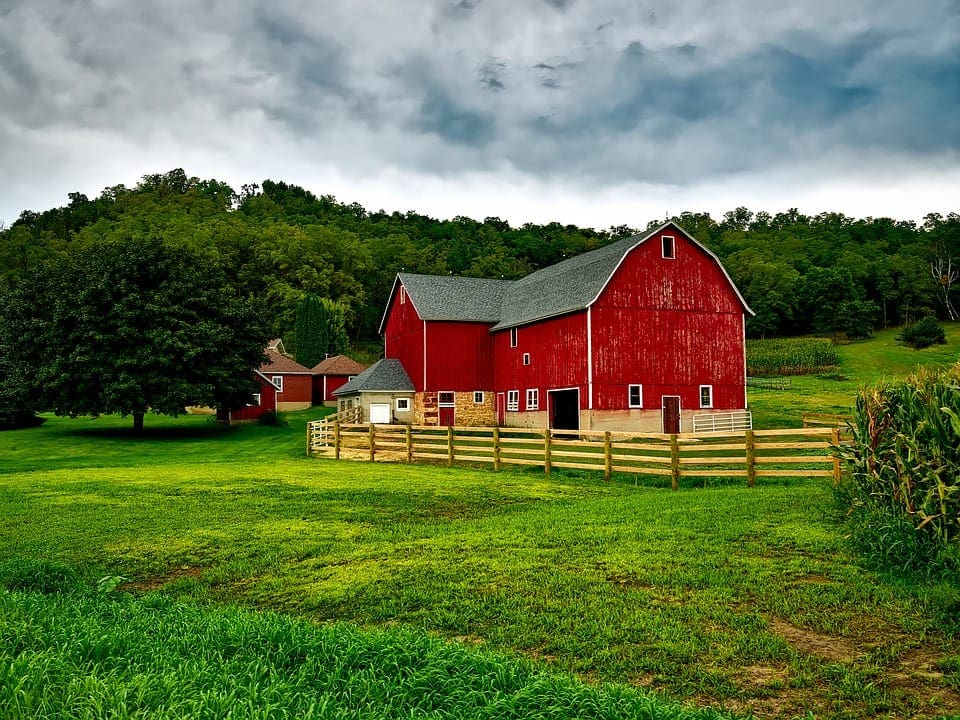By Tom Still

MADISON, Wis. – Before writing her award-winning 2016 book on “The Politics of Resentment” in Wisconsin, UW-Madison political scientist Katherine Cramer spent a lot of time talking with people in diners, gas stations and other gathering spots across rural Wisconsin.
Her core finding: Many people in the state’s small towns felt left behind, inadvertently or otherwise, by those in positions of public or private power in Wisconsin’s largest cities.
While it would be a stretch to argue a grand conspiracy of city folks to disadvantage their rural brethren, there’s no doubt that Wisconsin’s rural economy has failed to keep pace, overall, with the state’s larger engines of growth. That gap shows in jobs, salaries, economic output and more.
In past columns, I offered some reasons why some communities find it hard to prosper: less robust broadband connections, difficulties in retaining and attracting talented workers for interested employers, aging or depleted housing stock, and a “trade war” that has claimed rural casualties first.
Other factors (and solutions) were offered by readers who agree there is no single cause for a more sluggish economy in rural Wisconsin.
One such contributor is a lack of capital brought about, at least in part, by the loss of community banks. Beginning with the financial crash of 2008 and the recession that followed, smaller banks across the United States have found it increasingly difficult to meet one-size-fits-all regulatory rules at the federal level and to keep up with changing technology.
Wisconsin is no exception, losing scores of banks over the last decade. Some of those acquisitions or mergers make financial sense and help to protect consumer and corporate assets. Others can leave a hole in the fabric of a community where there are fewer choices about where to go for financing.
Jelena McWilliams, the chairwoman of the Federal Deposit Insurance Corp., spoke to that point earlier this year in Milwaukee, where she noted that about 600 U.S. counties now have only one bank.
“When that bank closes down, so does the barbershop and the diner and the hardware store, and the revenue stream from the community goes away,” McWilliams said. “You lose. Every community loses when they lose a bank.”
Another factor is the role of higher education as an economic driver. Some scholars have suggested that public land-grant universities have done more to aggravate rural out-migration than to prevent it, which means the UW-Madison and the rest of the UW System must be challenged to think creatively about what makes for a prosperous, diverse rural economy.
Cramer’s book (full title: “The Politics of Resentment: Rural Consciousness in Wisconsin and the Rise of Scott Walker) examined the issue from a political science perspective. Other angles include health care disparities, the future of K-12 public schools in districts with declining enrollments, changes in agriculture markets and farming practices, and simply providing guidance to farmers and others when it comes to business strategies and applying for federal grants. The latter is a category in which Wisconsin fares poorly.
An under-noticed asset higher education can bring to the discussion is fostering rural entrepreneurship. Most people are conditioned to think all entrepreneurs are hair-on-fire software coders working in urban lofts. Statistics show there more business proprietors per 1,000 residents in rural areas than in cities, and that business “survival rates” are higher.
“I think this is an opportunity for rural areas,” said Tessa Conroy of the UW Extension in a 2018 interview. “More and more people can work remotely” in rural Wisconsin if broadband access is available, and other “natural amenities” often make it a good place to live.
Increasingly, rural communities are finding ways to build on their strengths and to address their challenges. Recent examples include a regional housing conference in western Wisconsin, the launch of a business plan writing program in Sheboygan County and the continued growth of the state “Telecommuter Forward” program, which certifies communities that meet certain guidelines.
There is no single cause for economic challenges in rural Wisconsin and no solitary answer, but a combination of strategies may help bring about change in parts of the state that feel left behind.
Still is president of the Wisconsin Technology Council. He can be reached at tstill@wisconsintechnologycouncil.com
###






